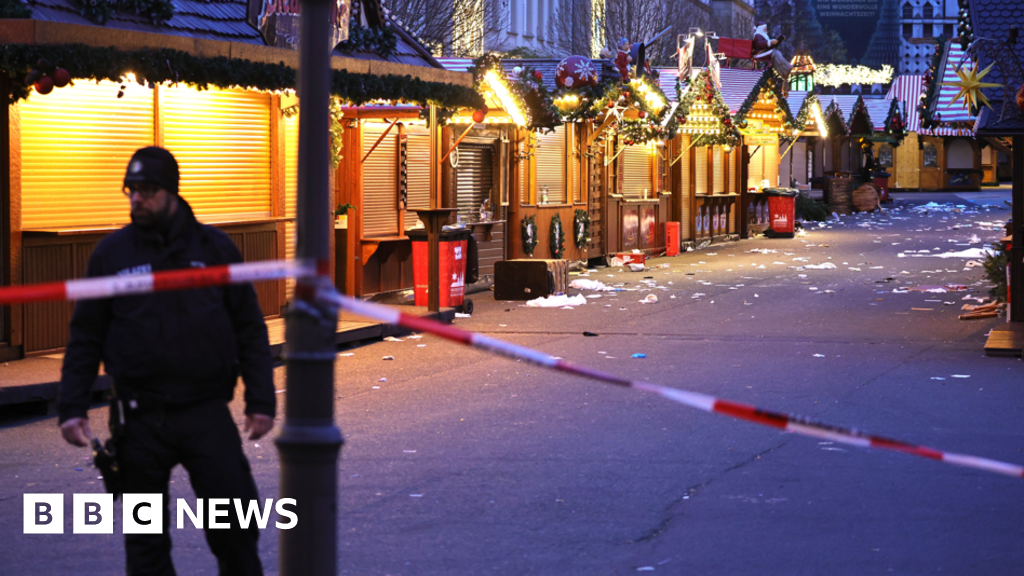Critics say keeping the rings on the Paris landmark will be akin to making it ‘an advertising outpost’.
Published On 2 Sep 2024
Plans to keep the Olympic rings on the Eiffel Tower have come under criticism by descendants of the Paris landmark’s designer and have provoked a backlash from some locals.
The giant rings were a popular addition to the monument for visitors and tourists in Paris during the July 28 to August 11 Olympic Games in the French capital.
Mayor Anne Hidalgo announced on Saturday that she intended to take down the originals, which are too heavy to remain on the monument, and replace them with new rings.
“It does not seem appropriate to us that the Eiffel Tower, which has become the symbol of Paris and the whole of France since its construction 135 years ago, has the symbol of an outside organisation added to it in a permanent way, whatever its prestige,” a statement from the Association of Gustave Eiffel’s Descendants said.
The association’s chairman, Olivier Berthelot-Eiffel, a great-great-grandson of the engineer, told the AFP news agency that the family did not see any problem with the rings staying longer than the Paralympic Games, which wrap up on September 8.
“But the Eiffel Tower should not become an advertising outpost. Anne Hidalgo should have said that she wanted to keep the Olympic rings, not that she had decided it, and then discussed the idea with the Paris council and relevant individuals,” he explained.
Hidalgo told the Ouest-France newspaper on Saturday that she wanted to keep the rings and “the decision is up to me, and I have the agreement of the IOC [International Olympic Committee].”
“So, yes, they [the rings] will stay on the Eiffel Tower,” she said without specifying for how long.
Hidalgo also repeated her wish to see the Olympic cauldron stay in the Tuileries Gardens, but President Emmanuel Macron will have the final say because the site is state property.
Culture Minister Rachida Dati, a longtime critic and opponent of Hidalgo, also cast doubt over the idea, saying the Socialist city leader would need to follow procedures protecting historic buildings.
“The Eiffel Tower is a protected monument, the work of an immense engineer and designer,” Dati said in a statement.
“Protections for its architectural merit and his work require authorisations and an impact study before any major modifications can be carried out, in line with the law on protected buildings,” she added.
Reaction on social media was mixed, but many Parisians appeared highly dubious about modifying the symbol of the city that is also a protected UNESCO World Heritage Site.
“The Eiffel Tower has a history of 135 years and surpasses a sports and media event of 17 days,” commented the SOS Paris group, which campaigns to protect Paris’s landmarks and historic character.
“For me, this is a mistake,” Paris MP Sylvain Maillard from Macron’s centrist Renaissance party told France Bleu Paris radio. “The games were a very powerful moment, but the Eiffel Tower embodies something timeless.”
The Eiffel Tower was unveiled in 1889 for the World’s Fair.
Reviled by some Parisians at the time, the 324-metre (1,063ft) tower of latticed steel girders was originally built as a temporary attraction to showcase French construction prowess but became a working telecommunications tower, used for radio and TV transmissions.
The “Iron Lady” has since become the capital’s symbol and is one of the world’s top tourist attractions with 6.3 million visitors in 2023.

 3 months ago
14
3 months ago
14










